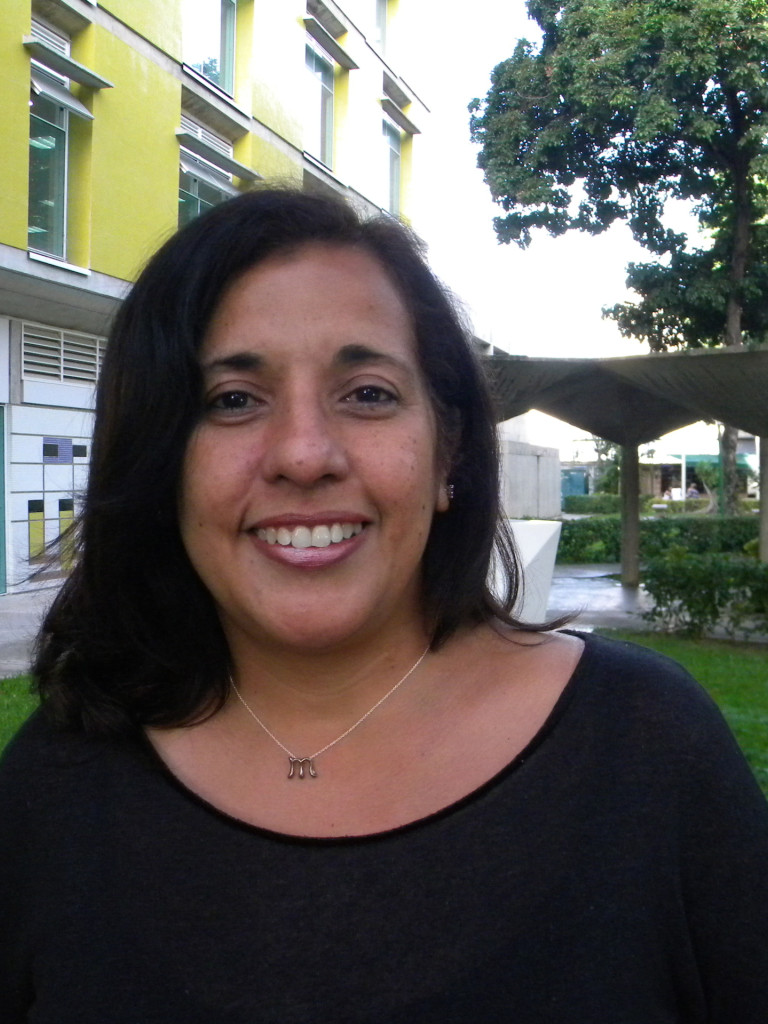
MARIELBA NÚÑEZ
- 2017
- Press Fellow
Marielba Núñez is a Venezuelan science journalist. She was a reporter and editor of the life, science and health section of Caracas newspaper El Nacional, and currently contributes to its in-depth journalism pages. Her writing has also appeared in the Spanish edition of Scientific American, Scidev.Net and other publications. She holds a Master's degree in Science Communication from Pompeu Fabra University, Barcelona, Spain. Marielba is a university professor and children's book author. 1. Why did you choose to become a science journalist? For me science journalism is a challenge which allows me to be in a constant learning process and to share that experience with others. 2. What role do science and science communication play in your country? Science and science communication should play a central role in a country like Venezuela, but in fact this is not the case as they don't have the priority they should and are subjected to erratic political decisions and lack of funding. 3. What are the main challenges of science journalism in your country? Venezuela is immersed in an acute political and economic crisis, where the exercise of independent journalism is more than difficult. That includes the few spaces that science journalism has conquered in the media. The state policy to control communication has contributed to the disappearance of many private media outlets, while the public media have become spokesmen of the government. In this context, small digital journalistic ventures have emerged as an opportunity, but science journalism has difficulties to find its space in this still precarious ecosystem. Science journalism has now to create its own niche, either in the digital world or in other spaces. 4. Where do you see the big societal transformations in the future? What scientific research/discovery will change our world? I believe that the big transformations are taking place because of digital interconnection and migration. Different forms of expression, new languages, new ways of conceiving citizenship and participation are emerging. We will still have to overcome physical boundaries and face the challenges as a single species and a diverse global community. There are emerging technologies that will definitely change our lives in the years to come, but if I have to mention some, I would choose genome editing and artificial intelligence. Both make us wonder what a human being really is, where our limits are, and confront us with difficult ethical questions. 5. What book, movie or song has radically changed your perspective? And why? Since I was a child I have read science fiction, because my father always loved the genre. It definitely influenced my life. I remember endearing books like The Illustrated Man and The Martian Chronicles by Ray Bradbury and I, Robot by Isaac Asimov. However, if I had to mention a book that radically changed my perspective, it would be Simone de Beauvoir's Le Deuxième Sexe, which made me see the problem of female identity in a totally different way.